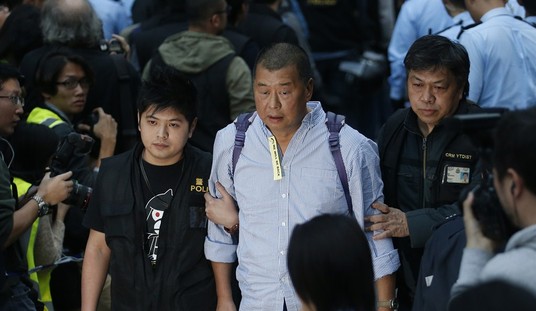Not too long ago, I posed the question, “am I a bad person for not caring if the airlines go bankrupt?” Admittedly, my reasons were a bit on the personal side and I’m sure that particular essay left me looking a bit vindictive. I focused on the deteriorating quality of service we’re provided, shrinking seat sizes, disappearing legroom and the massive profits the airlines were making until recently, much of which was plowed into huge stock buybacks. Why should the taxpayers bail them out?
As it turns out, however, there’s a more pragmatic argument to be made against the requested bailout. It’s explained in an op-ed at the Washington Post by Richard Squire, a professor at the Fordham University School of Law who teaches corporate bankruptcy law. Rather than expressing any seething discontent with the major air carriers, Squire offers a more calm explanation of the reason that the airlines shouldn’t get a bailout. It’s because they don’t really need one. They can simply file for Chapter 11 bankruptcy protection and their business will return to normal when the pandemic has passed.
With flight bookings in free fall, U.S. airlines have gone to Washington with their hands out, asking for more than $50 billion in loans, guarantees and outright cash grants. And President Trump wants to give them the money, explaining in a White House briefing last week, “We don’t want airlines going out of business.”
Yet there is no danger that the airlines are about to disappear, leaving the flying public grounded after the coronavirus crisis passes. Without a bailout, the air carriers would renegotiate their terms of credit with their lenders outside court, or they would file for Chapter 11 bankruptcy protection. Either way, they would keep flying.
Congress seems all too ready to repeat the fiasco of 2008 and just start writing fat checks, grants and loans for all the airlines. The President has voiced his support for such a move as well, citing as a reason his concern over the airlines “going out of business.” But as Squire points out, this is basically just a scare tactic.
Without a bailout, none of the major airlines are going to go out of business. From 2002 through 2011, nearly every major American airline went into Chapter 11 bankruptcy. The list includes American, Delta, Frontier, Northwest, United and US Airways. Each and every one of them came out of it okay and returned to greater profitability than they’d seen in ages. (The only reason a few of those names aren’t around today is that they were swallowed up in mergers, not because they went out of business.)
Different types of corporations wind up going into bankruptcy for different reasons, and some of them do indeed go out of business. But that’s usually because of either disastrously bad management or the fact that the industry they operate in has become far less viable than it had been previously. Those conditions are not present for the remaining major airlines in the United States.
They’ve shown repeatedly that they are capable of turning impressive profits. Their core business model hasn’t changed noticeably in ages. When the pandemic has passed, demand for their services will almost immediately return to previous levels and they will still have all the planes and the infrastructure required to get back up to full speed.
Squire further notes that the worries being expressed over the fate of all the airlines’ employees are also mostly crocodile tears. Payroll is far from their biggest expense and companies under Chapter 11 protection are nearly always able to secure loans to cover such necessities because the risk to the lender is so low. And even if some of the workers are furloughed, they would qualify for unemployment benefits (which Congress will almost certainly extend again if this pandemic drags on for too long). And not to sound too heartless about this but there are tons of workers in other industries who are losing their jobs right now but their employers aren’t in line for any sort of huge congressional cash giveaway. Why should they be treated differently?
In the end, the airlines’ investors, who have drawn handsome profits for at least the past decade from the investment risk they took, should bear the brunt of the current situation. The ones who should not be carrying that burden are the taxpayers. We went through that with the Obama bailouts and should have learned something from that experience.







Join the conversation as a VIP Member